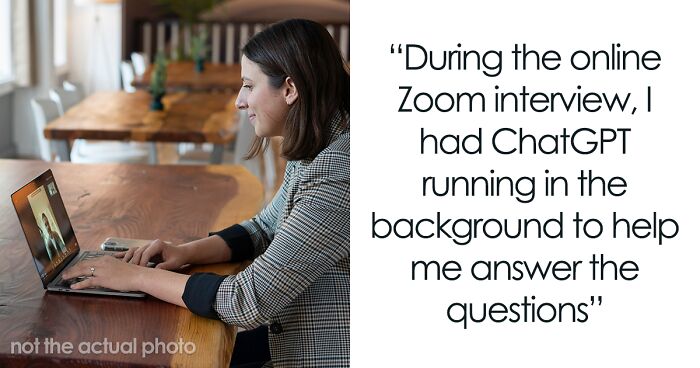
“I Feel Like A Total Fraud”: Person Gets Hired For A High-Paying Job After Using AI During Interview
ChatGPT is an artificial-intelligence-driven language bot that people can have human-like conversations with. It can even prepare an itinerary for your next trip and set up a workout plan.
Or, as was the case with Redditor u/JoJolion, help you land a job.
In a post on r/antiwork, they explained how the chatbot came in handy during a remote interview after they realized that they might’ve complimented themselves a bit too much on their CV.
This job hunter oversold themselves a bit on their CV
Image credits: LinkedIn Sales Solutions (not the actual photo)
So they used ChatGPT to help them during a remote interview with one of their potential employers
Image credits: Airam Dato-on (not the actual photo)
The original poster (OP) detailed the situation a bit further after receiving some questions
Image source: JoJolion_
Although it delivered this time, we still can’t trust ChatGPT one hundred percent of the time
Image credits: Emiliano Vittoriosi (not the actual photo)
Relying on ChatGPT for high-stakes tasks remains somewhat of a gamble. “As a computer scientist, I often field complaints that reveal a common misconception about large language models like ChatGPT and its older brethren GPT3 and GPT2: that they are some kind of ‘super Googles,’ or digital versions of a reference librarian, looking up answers to questions from some infinitely large library of facts, or smooshing together pastiches of stories and characters. They don’t do any of that – at least, they were not explicitly designed to,” Research Associate Professor of Computer Science at the University of Southern California, Jonathan May, wrote.
“A language model like ChatGPT, which is more formally known as a ‘generative pre-trained transformer’ (that’s what the G, P, and T stand for), takes in the current conversation, forms a probability for all of the words in its vocabulary given that conversation, and then chooses one of them as the likely next word. Then it does that again, and again, and again, until it stops,” May explained.
So it doesn’t have facts, per se; it just knows what word should come next. “Put another way, ChatGPT doesn’t try to write sentences that are true. But it does try to write sentences that are plausible.”
However, the future of the technology looks bright
Image credits: Israel Andrade (not the actual photo)
Still, the use of this technology is seeping deeper and deeper into our everyday lives. According to some estimates, over 100 million people used ChatGPT in January alone.
And a poll from the social network Fishbowl, which focuses on workplace trends and employee perspectives, found that 27 percent of professionals have already fired it up to get some help with work-related tasks.
Bill Gates published a detailed post on what he thinks the future of generative AI systems holds, including their use cases, benefits, and risks, and said that, “Although humans are still better than GPT at a lot of things, there are many jobs where these capabilities are not used much.”
He said that jobs in sales and document-handling require decision-making but not the ability to learn continuously and that AI can be trained using data sets to “empower people to do this work more efficiently.” So maybe it can also help them get these positions?
And this story has received plenty of reactions
Explore more of these tags
Hopefully interviewers are sitting up and taking notice of the potential for AI to be abused in this way. Maybe they need to make sure that the final interview is always face to face in an office
Hopefully interviewers are sitting up and taking notice of the potential for AI to be abused in this way. Maybe they need to make sure that the final interview is always face to face in an office

 Dark Mode
Dark Mode 

 No fees, cancel anytime
No fees, cancel anytime 







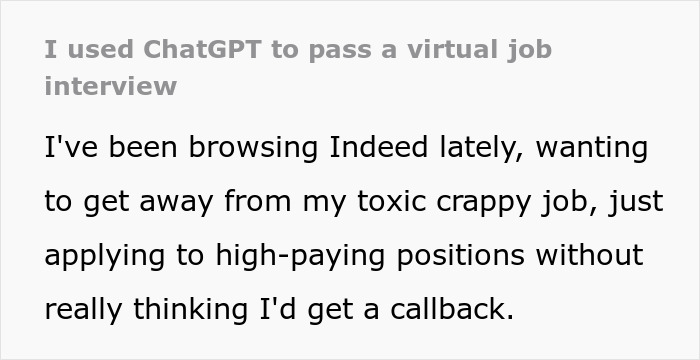
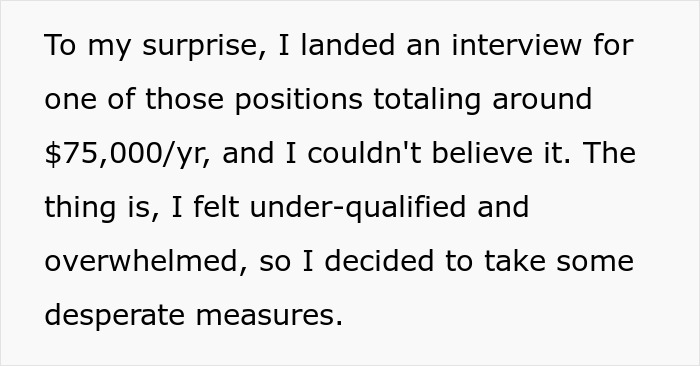
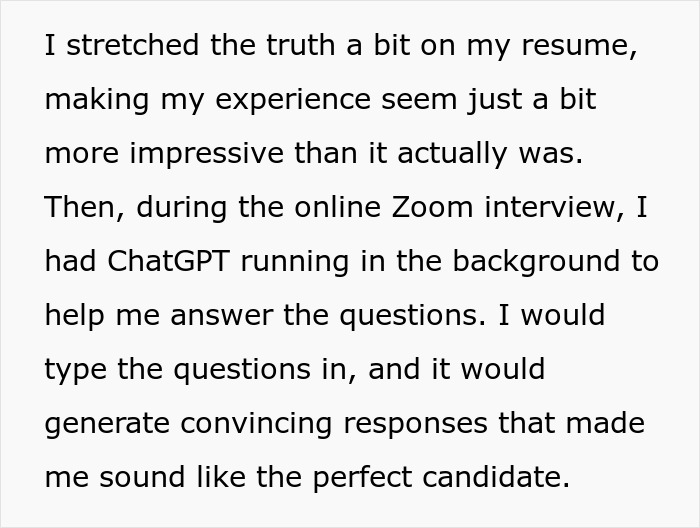
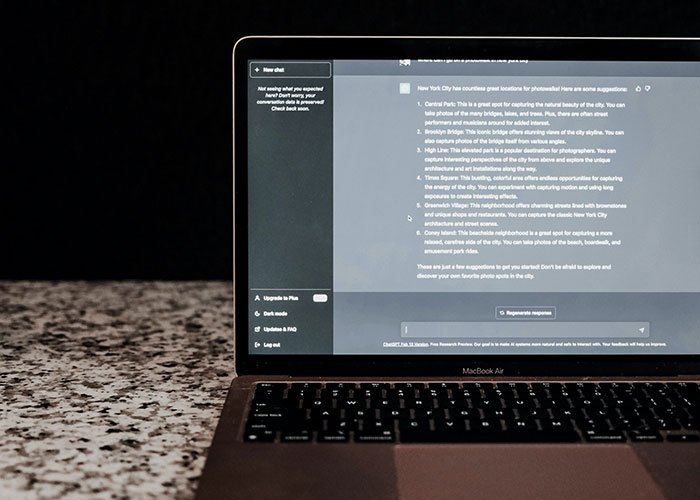
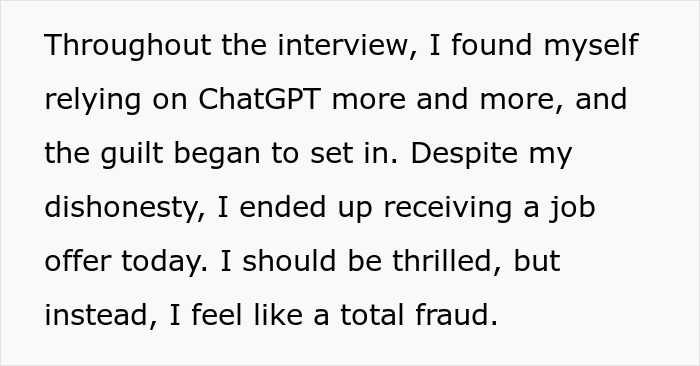
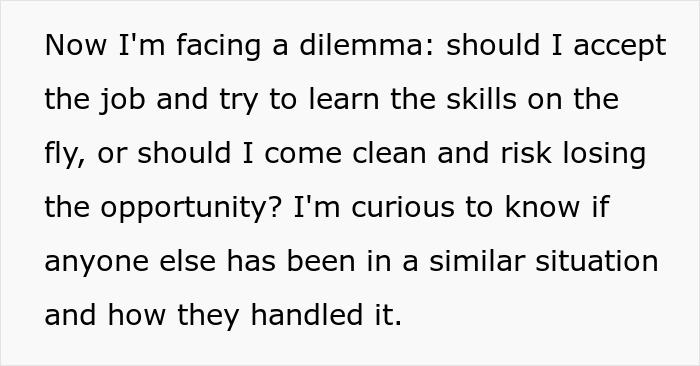
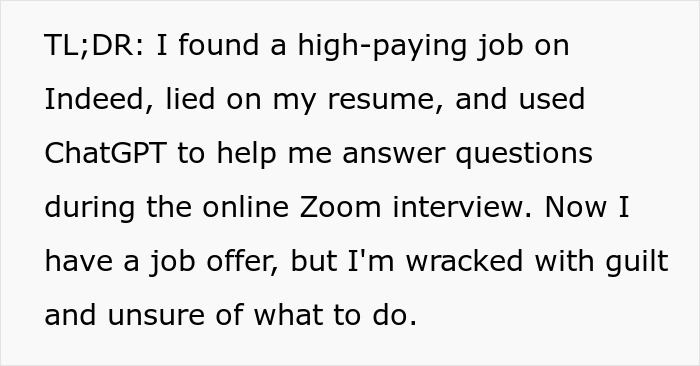
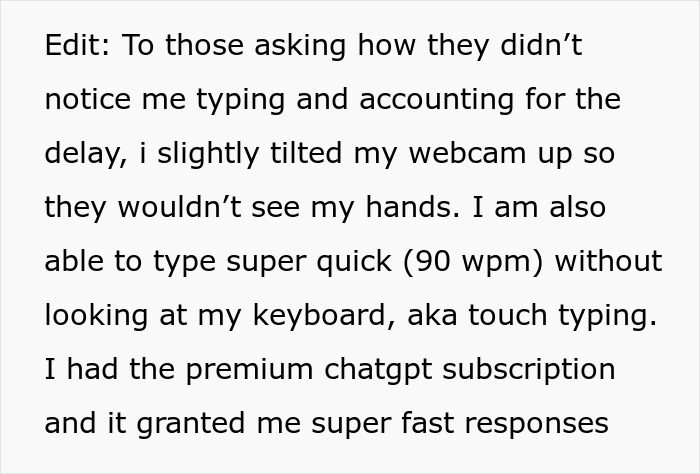
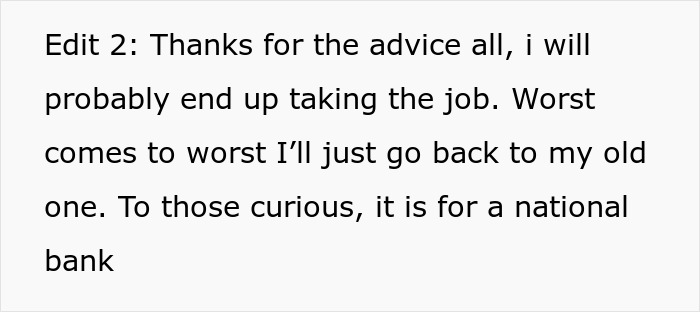
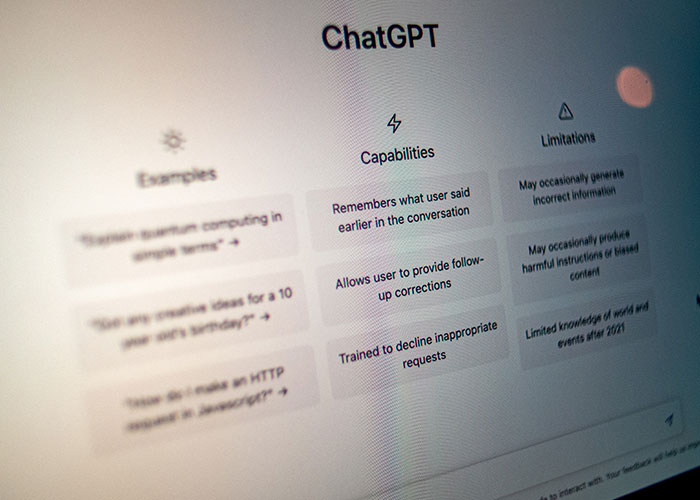

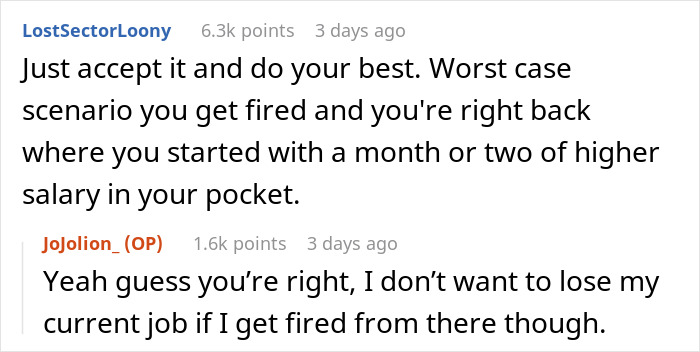


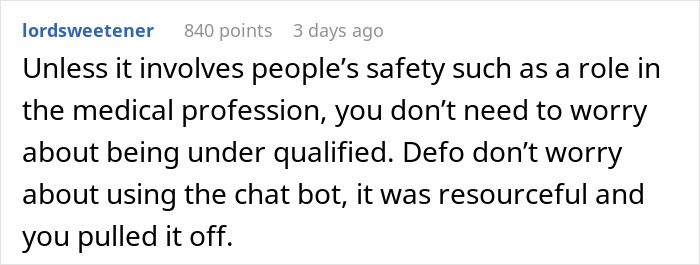


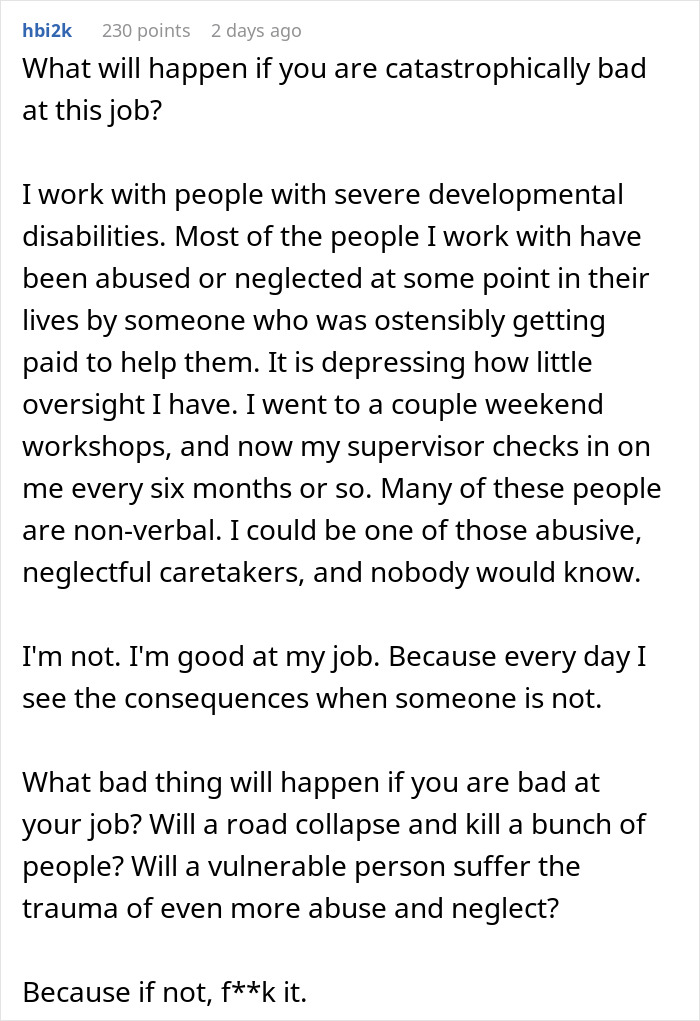

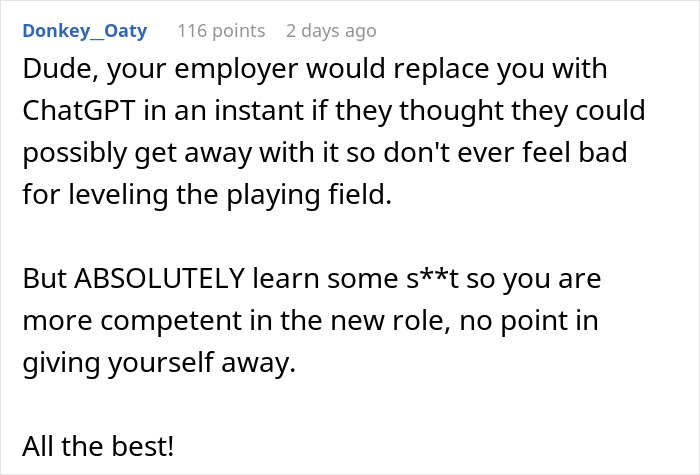

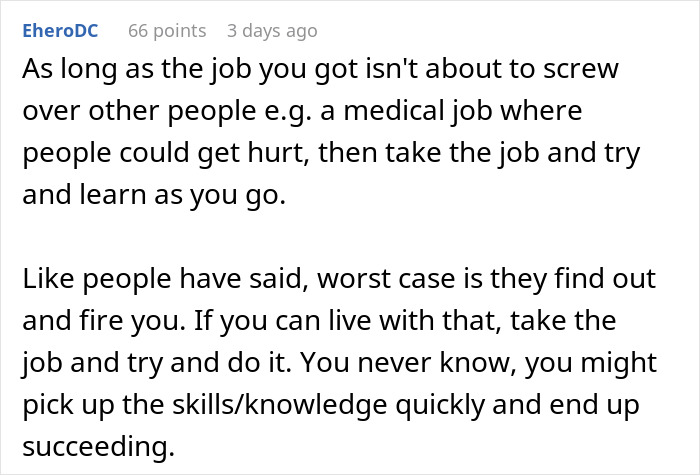



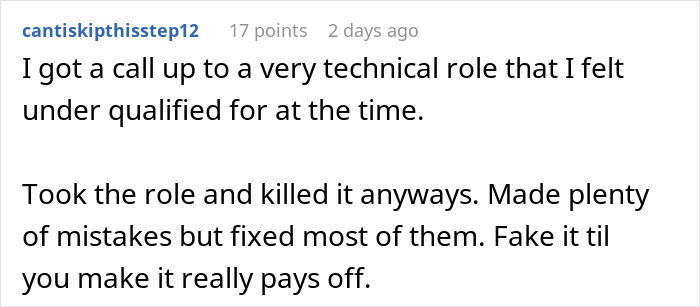









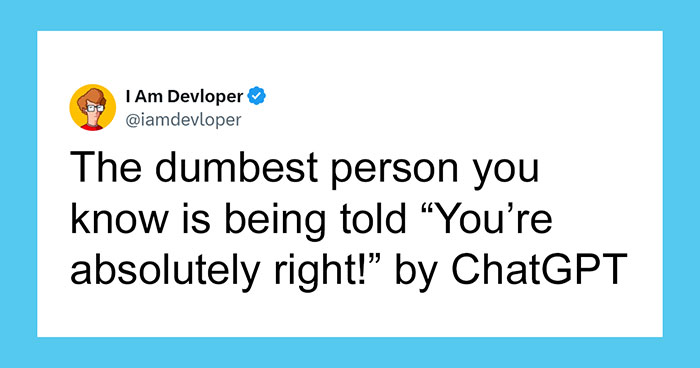


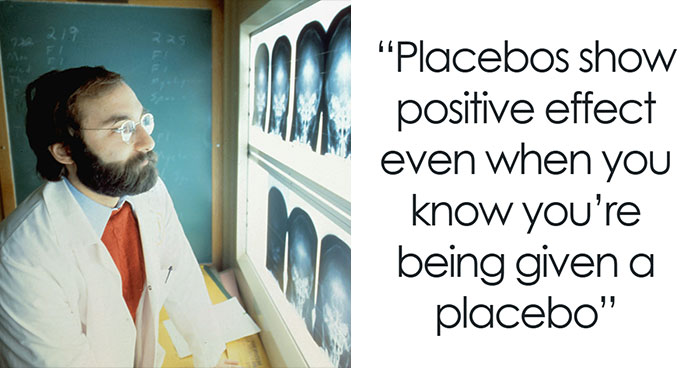






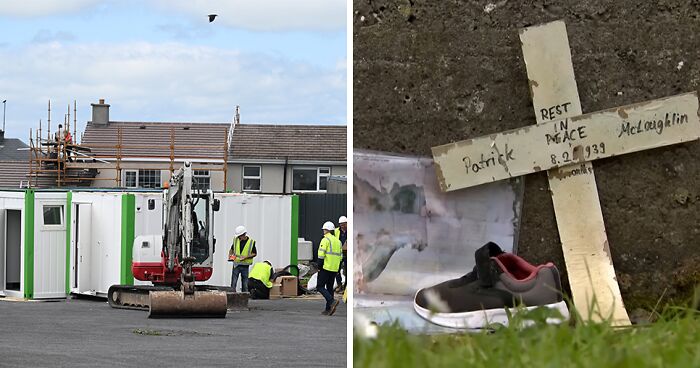
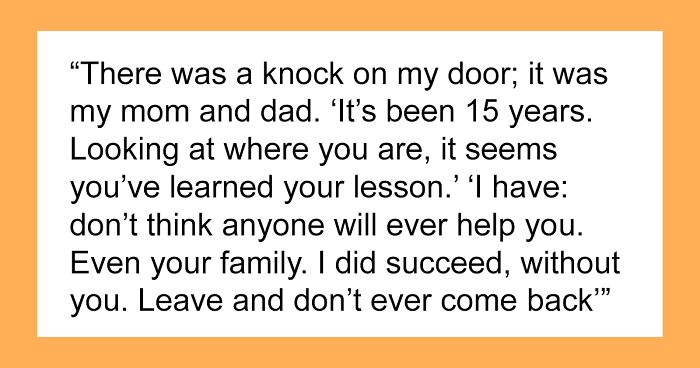












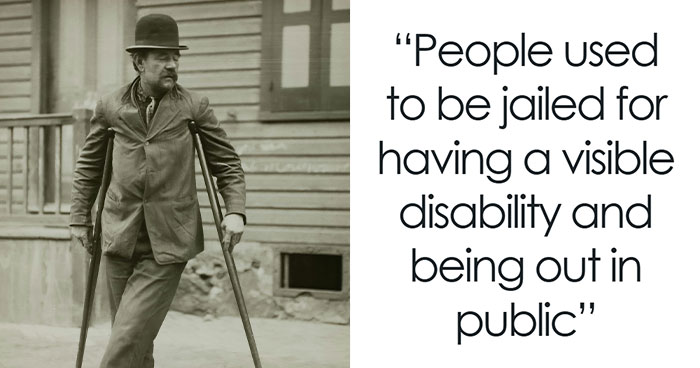












43
53